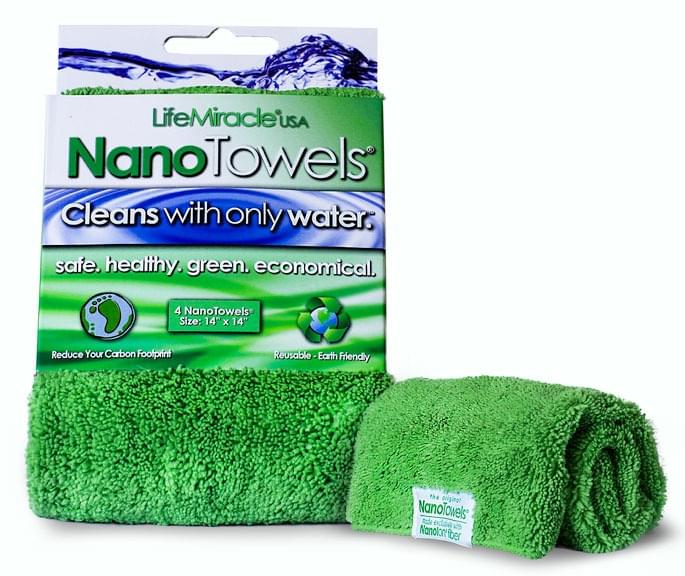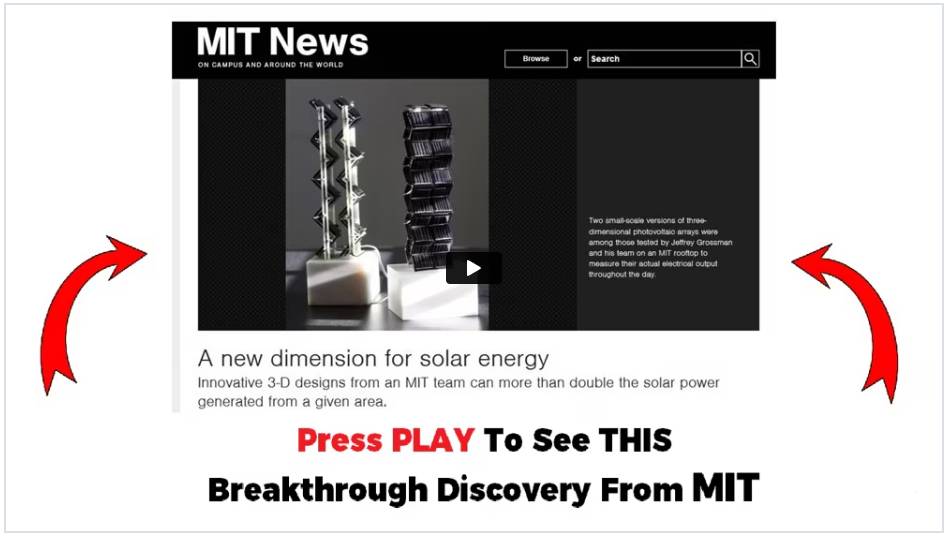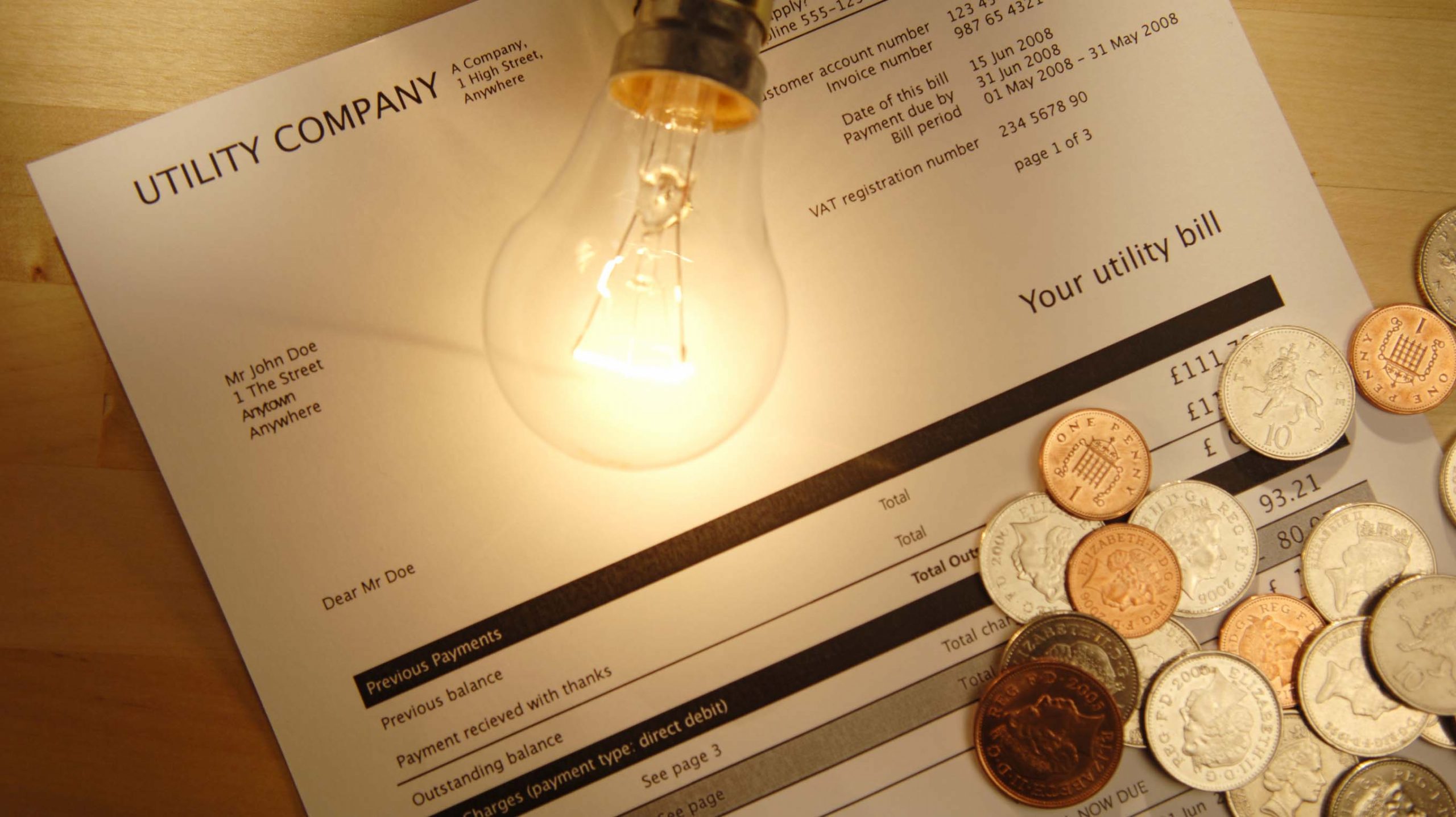While enzymatic recycling offers hope for managing existing plastic waste, scientists and environmental advocates agree it must be paired with the development of bio-based plastics—materials made from renewable biological sources like corn starch, sugarcane, or algae. Unlike conventional plastics derived from fossil fuels, bio-based alternatives can dramatically reduce carbon emissions at the production stage and are often compatible with closed-loop recycling.
The post Scientists Crack the Code for Low-Cost, Low-Carbon Plastic Recycling appeared first on Green Prophet.
WE MAKE CARPETS, Taragalte Festival, Morocco
Recent studies in the US show that most plastics are never recycled. The numbers probably fare worse for other countries in the world. In a significant step forward for sustainable materials science, a new American study has unveiled a breakthrough in the enzymatic recycling of PET — the world’s most common plastic, used in everything from water bottles to food packaging and clothing fibers.
The process, developed by a coalition of U.S. and U.K. researchers, offers a cleaner, cheaper, and more circular approach to handling plastic waste, potentially tipping the balance in favor of large-scale, eco-friendly recycling. The work was led by scientists at the U.S. Department of Energy’s National Renewable Energy Laboratory (NREL), in collaboration with researchers from the University of Massachusetts Lowell and the University of Portsmouth in England.
The findings, published in Nature Chemical Engineering, focus on enzymatic depolymerization of PET — a technique that breaks plastic down into its building blocks, allowing it to be remade into new products. Historically, the process has been too expensive and chemically intensive to scale. But this new study that adds a new molecule as an enzyme to break down plastic offers a dramatic shift.
By switching out one key chemical — sodium hydroxide — for ammonium hydroxide, the researchers unlocked a self-regenerating loop that dramatically slashes both emissions and cost.
“Sometimes the answer is as simple as rethinking a single molecule,” said Professor Andrew Pickford, Director of the Centre for Enzyme Innovation at the University of Portsmouth. “With ammonium hydroxide, we created a process that nearly eliminates the need for fresh acid and base chemicals.”
The switch to ammonium hydroxide allowed for the formation of diammonium terephthalate, which can be broken down through thermolysis — a heat-based reaction — to regenerate ammonia and produce pure terephthalic acid, one of the core ingredients in PET. The base can then be reused, over and over again.
The impact of this adjustment is notable:
- Chemical use drops by more than 99%
- Operating costs fall by 74%
- Energy use drops by 65%
- Carbon emissions are cut nearly in half
Critically, the minimum selling price for recycled PET using this method is estimated at $1.51/kg — well below the $1.87/kg cost of virgin PET, making this one of the first economically viable enzymatic PET recycling systems to date.
The research also tackled pre-treatment steps to improve plastic breakdown. Techniques like extrusion and rapid quenching allowed for full depolymerization in 50 hours. Recovery of ethylene glycol, another PET building block, was improved through a process known as fed-batch concentration.
Dr. Gregg Beckham of NREL, co-lead of the study, said that these combined innovations mark a turning point.
“Enzymatic recycling has long shown promise for mixed and hard-to-recycle PET waste streams, but it hasn’t been practical — until now. By integrating innovations across chemistry, biology, and process engineering, we’ve demonstrated a scalable and cost-effective solution.”
The broader implications are significant. Unlike mechanical recycling, which is limited by contamination and material degradation, enzymatic recycling could handle a wide range of PET waste — including colored plastics, polyester fabrics, and thermoformed containers — that currently end up in landfill or incinerators.
Professor John McGeehan, ano
Recommended Story For You :

Bringing Dead Batteries Back To Life Is Simple!

SEPTIFIX to the Rescue! Say Goodbye to Problems and Hello to Savings

Ecomposing of Paper Towels Produce Methane Gas

A Leading Cause Of Global Warming!

A cleaner world where energy is abundant essentially free

and sourced directly out of the inherent power of the space surrounding us.

MIT Discovery can cut power bills by 65%

Easy DIY Power Plan Will Change Our World Forever

Discover the World with Our Passionate Geography Teacher in Memphis!



